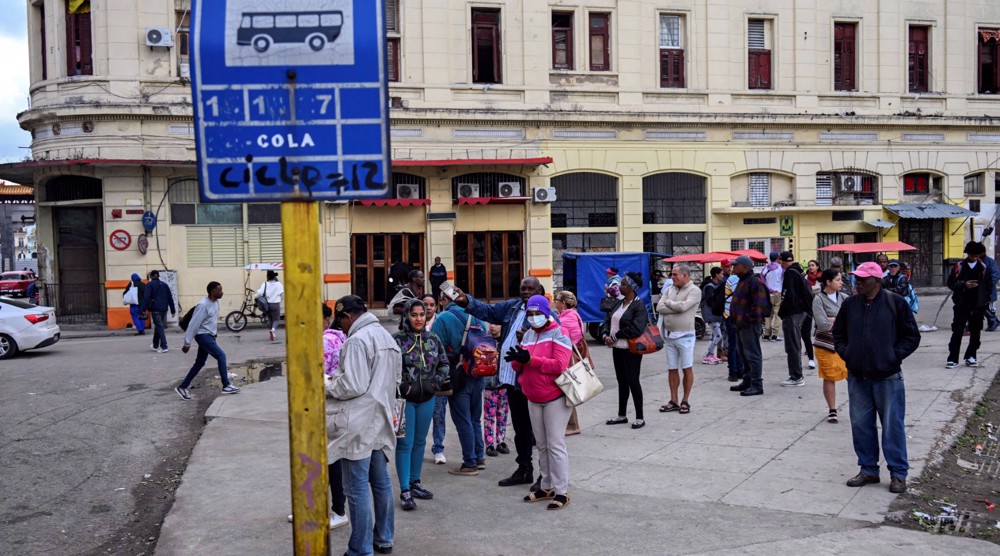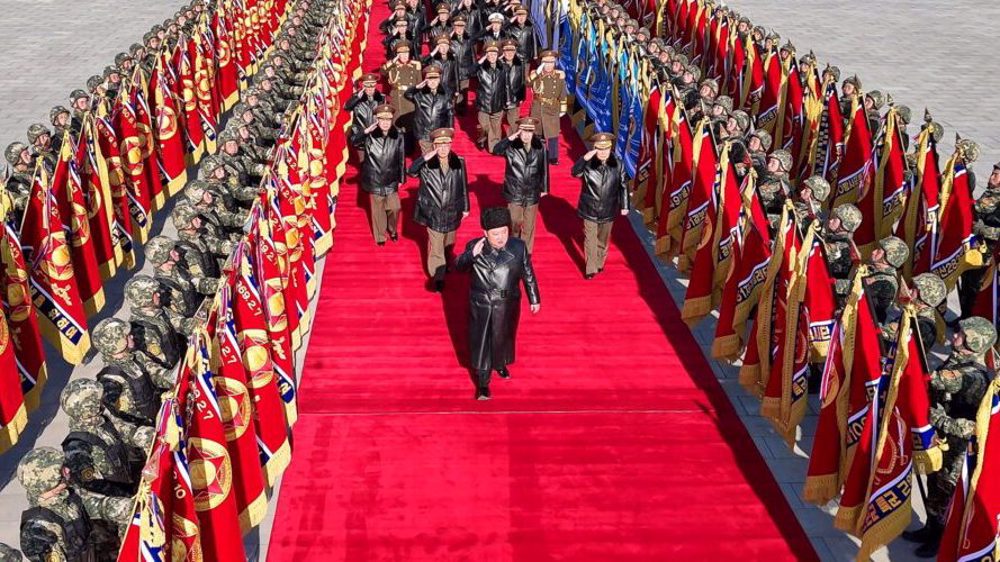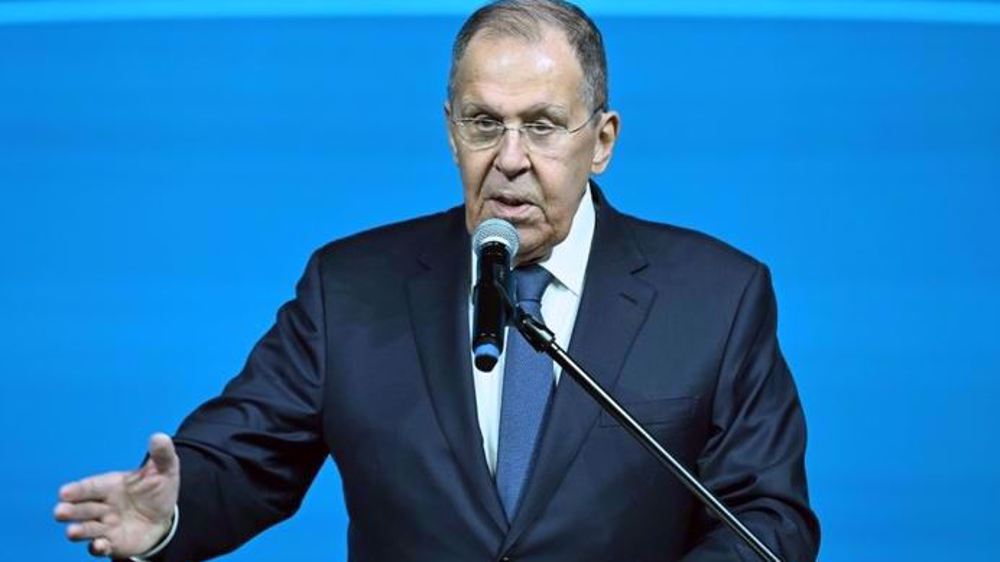Kremlin: EU’s fresh sanctions on Russian nationals damage bilateral ties
Russia says a new round of sanctions imposed by the European Union (EU) against a number of its nationals, including aides to Russian President Vladimir Putin, over the alleged poisoning of the country’s opposition figure, Alexei Navalny, and Libya’s civil war, damage relations between the two sides.
The European bloc on Thursday sanctioned Yevgeny Prigozhin, a Russian tycoon whose company caters for the Kremlin, on grounds that he acted to weaken the peace process in war-torn Libya through his alleged support of the Wagner Group private military company.
Furthermore, the EU sanctioned six other individuals over Navalny’s case, including head of Russia's FSB domestic spy agency, Alexander Bortnikov, chief of policy at the Kremlin, Andrei Yarin, and deputy Kremlin chief of staff, Sergei Kirienko.
The other Russian nationals sanctioned, include Putin's envoy in Siberia Sergei Menyailo and two Russian deputy defense ministers, Pavel Popov and Alexei Krivoruchko.
The Russian nationals subject to new EU sanctions are now banned from traveling to the EU and any assets they hold in the bloc will be frozen.
Brussels approved the sanctions after Germany and France last week proposed measures against individuals they deemed responsible for the alleged poisoning, as well as entities involved in Russia’s Novichok program.
Later on Thursday, Kremlin spokesman Dmitry Peskov denounced the sanctions at a press conference in Moscow, saying, “The EU with this step has harmed relations with our country.”
He also described the measures as a “consciously unfriendly step” on the part of the European bloc, vowing that Russia would retaliate.
Navalny fell seriously ill on a plane in Siberia on August 3 and two days later was flown to Germany for due treatment.
His aides claimed that he had been poisoned before the flight. However, Russian doctors who tested his blood for poisoning before he was moved to Berlin said the tests were negative.
On September 2, Germany said Navalny had been poisoned with a Novichok nerve agent. Later, France, Sweden, and the UN’s Organization for the Prohibition of Chemical Weapons (OPCW) echoed Berlin’s allegation.
The Russian government has denied involvement in any attack on Navalny, who was discharged from Charite Hospital in Berlin in late September.
Elsewhere in his remarks, Peskov also stressed that there was no logic behind EU sanctions and, referring to Navalny, expressed regret over a move by Brussels that “puts relations between the EU and Moscow at stake over a person who Europe believes is the leader of some kind of opposition.”
Since 2014, two rival seats of power have emerged in Libya, an internationally-recognized government, known as the GNA, and the parliament based in the eastern city of Tobruk, supported militarily by rebel forces loyal to Libya’s renegade general Khalifa Haftar.
Moscow is accused of supporting Haftar.
Iran’s security chief warns US of Israel's ‘destructive role’ ahead of Netanyahu visit
Israel’s death penalty bill marks 'highly dangerous phase' for Palestinian prisoners: PPS
VIDEO | Press TV's news headlines
US judge blocks deportation of Turkish student detained in pro-Palestine crackdown
Iran’s Revolution revived regional resistance: Hezbollah chief
Iran warns Epstein scandal may be part of Israel's political project
Iran emerges key link in China-Europe trade axis
Pezeshkian calls for mass turnout in February 11 rallies to defy foreign pressure

















 This makes it easy to access the Press TV website
This makes it easy to access the Press TV website